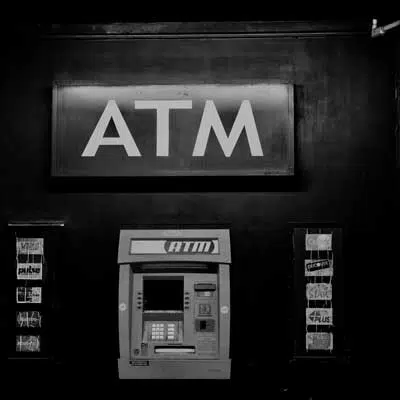One of the longest-running antitrust lawsuits in the payments industry is getting into gear again with a new request by independent ATM deployers for class certification in their action against Visa Inc. and Mastercard Inc.
The National ATM Council Inc. (NAC) trade group and 13 ATM independent sales organizations originally filed the lawsuit in 2011. Their suit now pending in U.S. District Court in Washington, D.C. accuses Visa and Mastercard of restraint of trade under the federal Sherman Act. One of the plaintiffs’ lawyers, Jonathan L. Rubin, a partner at MoginRubin LLP in Washington, tells Digital Transactions News his clients are seeking “hundreds of millions” in damages from each defendant.
The district court had dismissed the case as well as two related consumer class actions, but a federal appellate court in 2015 reinstated the deployers’ lawsuit, according to Jacksonville, Fla.-based NAC. Then Visa and Mastercard took the case to the U.S. Supreme Court, which in late 2016 rejected their appeal.

Since then, it’s been more than two years of discovery and depositions, Rubin says. The original plaintiffs were never certified as a class, and over the years the Supreme Court has set stricter rules on what qualifies for a class, he says. On Monday, Rubin filed a petition for certification of a class that would include non-bank ATM deployers and their affiliates.
Visa and Mastercard have 90 days to respond to the plaintiffs’ class-certification request, according to Rubin. He expects the court will rule on it in mid-2020.
A Visa spokesperson declined to comment, and a spokesperson for Mastercard did not respond to requests for comment from Digital Transactions News.
The deployers allege Visa and Mastercard rules prevent them from assessing surcharges that reflect their revenues after network fees are deducted. Instead, the rules require them to set surcharges no higher than those of other networks, even if Visa and Mastercard fees are higher than the PIN-debit networks’, according to the lawsuit.
“We’re calling it price fixing,” says Rubin. “Every network doesn’t cost the same. Because differential surcharging is not allowed…Visa and Mastercard can continually raise their fees without losing any volume.”
There are few if any major payment-industry lawsuits older than the NAC action, the most notable being the massive credit card interchange class action known as MDL 1720 pending in U.S. District Court in Brooklyn, N.Y. The original lawsuit in that case dates back to 2005. A final hearing on a proposed settlement of $5.54 billion to $6.24 billion in the damages component of the case is set for Nov. 7.






